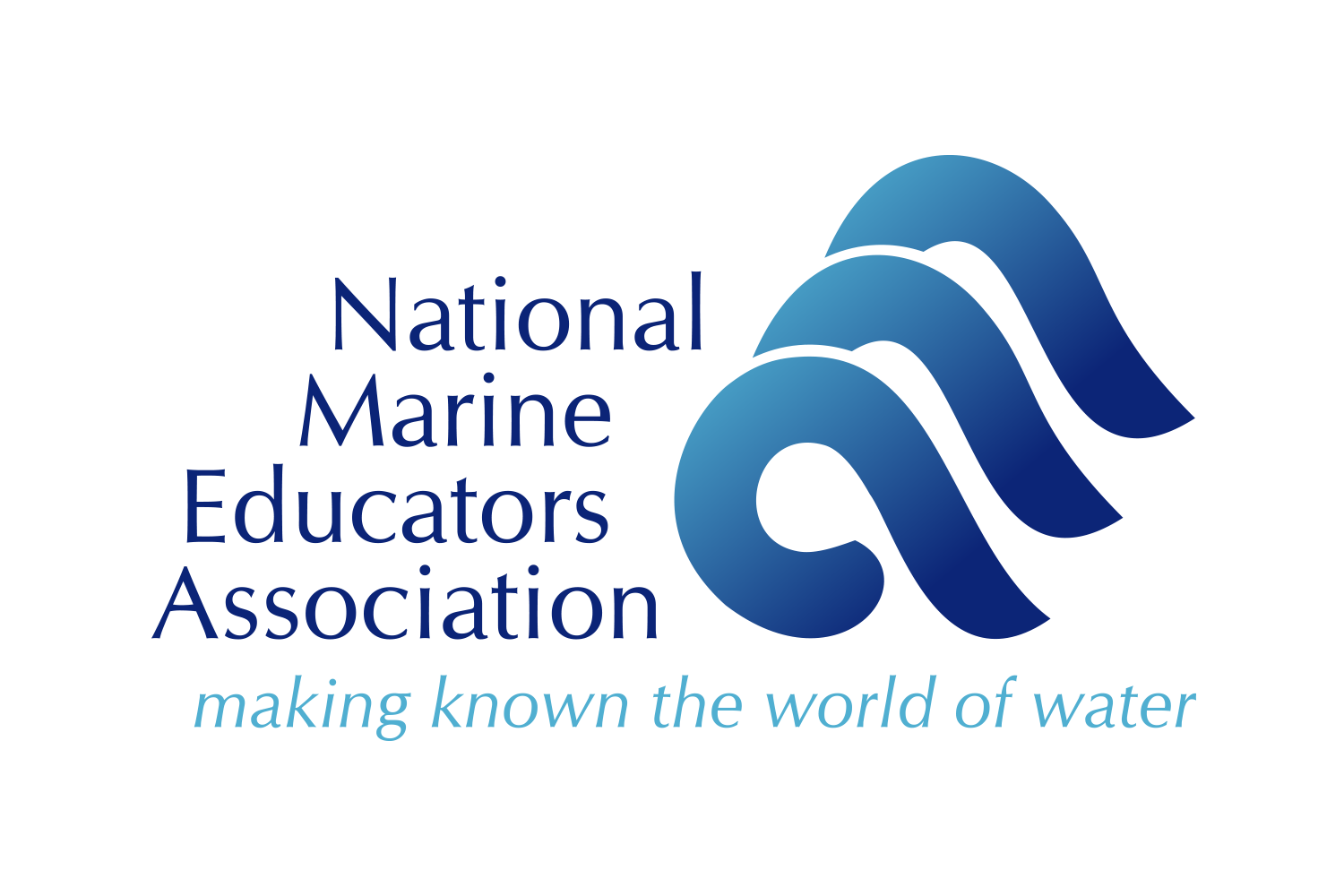Why You Won’t See Beef at NMEA 2018
Documentation states that the livestock industry is responsible for approximately 15% of global human-induced greenhouse gas emissions. Of this percentage, 80% of the emissions are directly related to animals such as cattle. A typical cow releases 100 kilograms of methane gas each year, or approximately 1/10 of a metric ton.
Now multiply that number by the outrageous number of cows on this planet (approximately 1.5 billion) and you get…a very big number! Now, we know we can’t just blame the cows, but they are a major contributing factor in global climate change. But is it really just the cows? Scientific evidence shows that methane gas produced by livestock is second to fossil fuel production, but resource use and environmental impacts of farm-raised edible protein matters just as much, if not more.
Here’s an interesting fact from the World Resources Institute: “If cattle were able to form their own nation, they would rank third behind China and the United States among the world’s largest greenhouse gas emitters.” That’s a scary thought.
Rest assured that without beef there will be plenty to eat, and you can bet that sustainable seafood will be on the menu. As consumers we need to be aware of the effects of our choices. Along with this year’s conference being “beef free”, conference participants are being asked to bring their own lanyards, reusable water bottles, and mugs.
As an added bonus, this year’s swag bags, designed by ChicoBags, are fashioned out of 100% post-consumer, recycled plastic bottles. Can we agree that this is awesome?!
In addition, the conference committee is encouraging bus, bicycle, and boat transportation to and from events, the conference, and of course sightseeing around beautiful Long Beach, California. Behind the scenes, the conference committee has been working hard to minimize the amount of single use plastics, and we are proud to say that all of the conference venues are on board! Speaking of “on board,” let’s focus on the Queen Mary, shall we? In terms of reusable items, the Queen Mary gets the win. Her history is nothing, if not amazing. She started as a transatlantic luxury cruise liner hosting many Hollywood elites, was transformed into the largest and fastest troopship to sail during WWII, transformed back to her original self, and finally became a grand floating hotel, attraction, and icon of Southern California. We hope that you are as excited as we are. Looking forward to a fabulous NMEA 2018!
~ NMEA Conservation Committee
Give it a try: observe one meat-free day a week to curb your carbon emissions.


